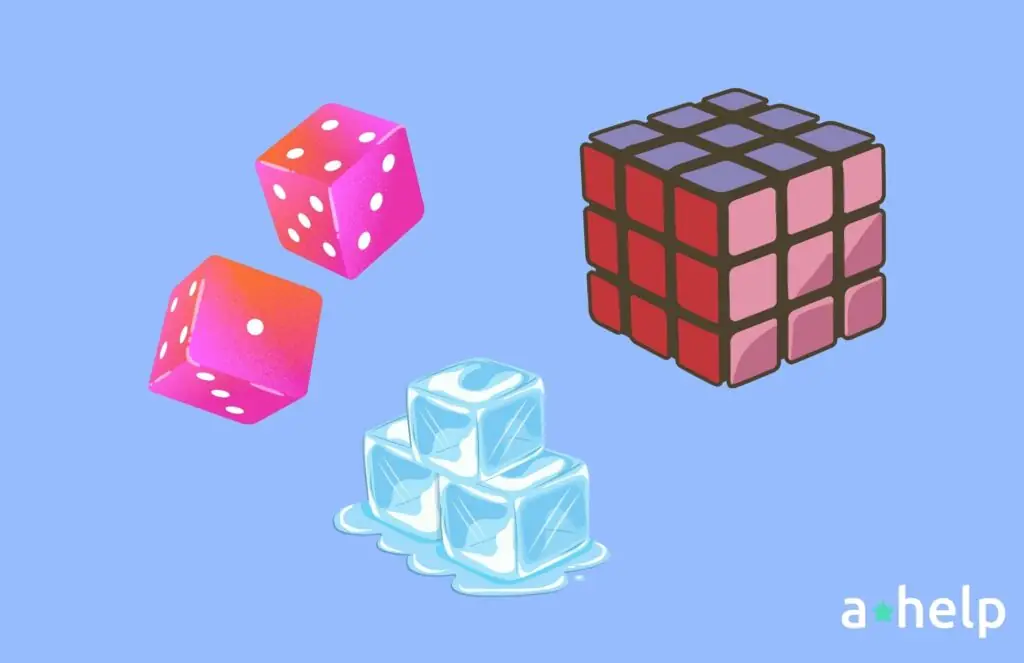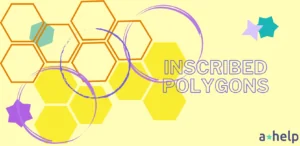In this article, we will explore whether a cube is a type of rectangular prism. Spoiler alert: yes, it is; a cube is a special type of rectangular prism because all its dimensions are equal. But to understand this better, we first need to define what a cube and a rectangular prism are.

✅ AI Essay Writer ✅ AI Detector ✅ Plagchecker ✅ Paraphraser
✅ Summarizer ✅ Citation Generator
What Is a Cube?
A cube is a three-dimensional shape that has some very specific properties. It has six faces, and each face is a square with equal sides. This means that all the angles in a cube are right angles, and all its sides are the same length. Also, a cube has twelve edges, and each edge is the same length. The corners of a cube, where three edges meet, are called vertices, and a cube has eight vertices.

In everyday life, we can find many examples of cubes. A common example is a dice, which is used in many board games. Each side of a dice is a square, and it has six faces, making it a cube. Another example is a Rubik’s Cube, a popular puzzle toy. It is a cube that has smaller square faces on each of its six sides. Ice cubes that we use to cool drinks are also shaped like cubes. These are just a few examples, but cubes can be found in many other objects around us.
What Is a Rectangular Prism?
A rectangular prism is a three-dimensional shape with six faces, all of which are rectangles. Each face is opposite to another face that is identical in size and shape, and these opposite faces are parallel to each other. The edges where two faces meet are called edges, and a rectangular prism has twelve edges. The corners of a rectangular prism, where three edges meet, are called vertices, and it has eight vertices.
Here’s the short version of characteristics of a rectangular prism:
| Property | Description |
|---|---|
| Faces | Six rectangular faces |
| Opposite Faces | Equal and parallel |
| Edges | Twelve edges |
| Vertices | Eight vertices |
In everyday life, rectangular prisms can be found in many objects around us. For example, a brick used in construction is shaped like a rectangular prism. Many books are also shaped like rectangular prisms, with the covers and pages forming the rectangular faces. A cereal box is another common example of a rectangular prism. These are just a few examples, but rectangular prisms are a very common shape in both natural and man-made objects.

Now that we have a basic understanding of what a cube and a rectangular prism are, we can delve into whether a cube can be considered a rectangular prism. This question is very understandable; it comes from the similarities and differences between these two shapes.
So, Is a Cube a Rectangular Prism?
Yes, a cube can be considered a type of rectangular prism.
Why? This is because a cube meets all the criteria of a rectangular prism: it has six faces, and each face is a rectangle. In the case of a cube, these rectangles are all squares, which are a special type of rectangle. Therefore, a cube is a unique type of rectangular prism where all the faces are identical, resulting in six faces of the same size and with the same dimensions.
There are no specific conditions or exceptions to this classification. However, it’s important to note that while all cubes are rectangular prisms, not all rectangular prisms are cubes. A rectangular prism only requires that its faces be rectangles, but it does not require that all sides be equal, as is the case with a cube.
FAQ
Follow us on Reddit for more insights and updates.





Comments (0)
Welcome to A*Help comments!
We’re all about debate and discussion at A*Help.
We value the diverse opinions of users, so you may find points of view that you don’t agree with. And that’s cool. However, there are certain things we’re not OK with: attempts to manipulate our data in any way, for example, or the posting of discriminative, offensive, hateful, or disparaging material.